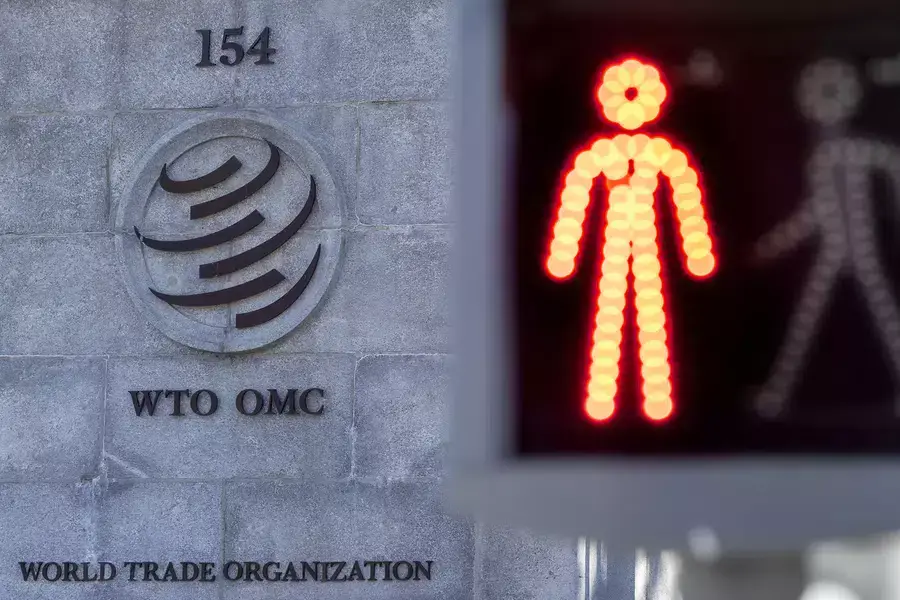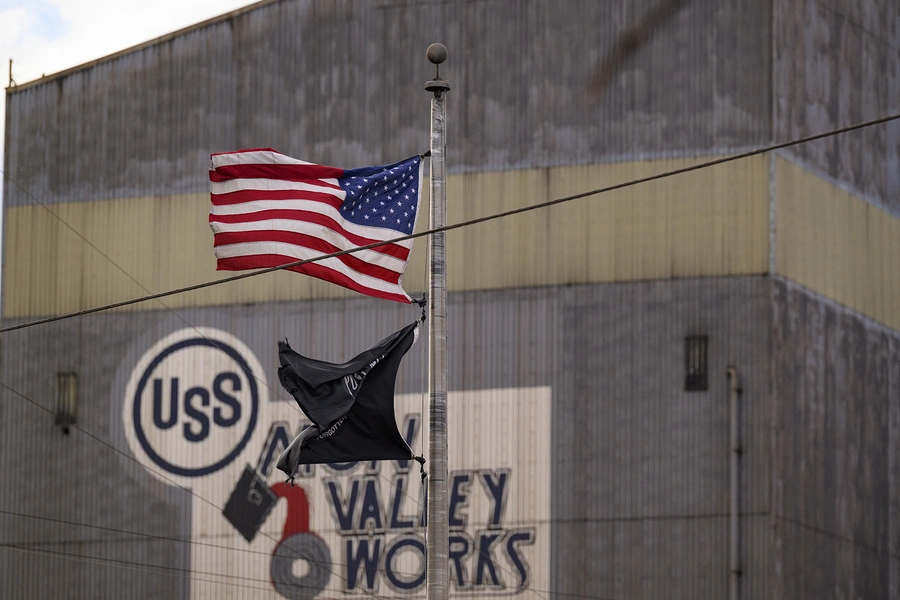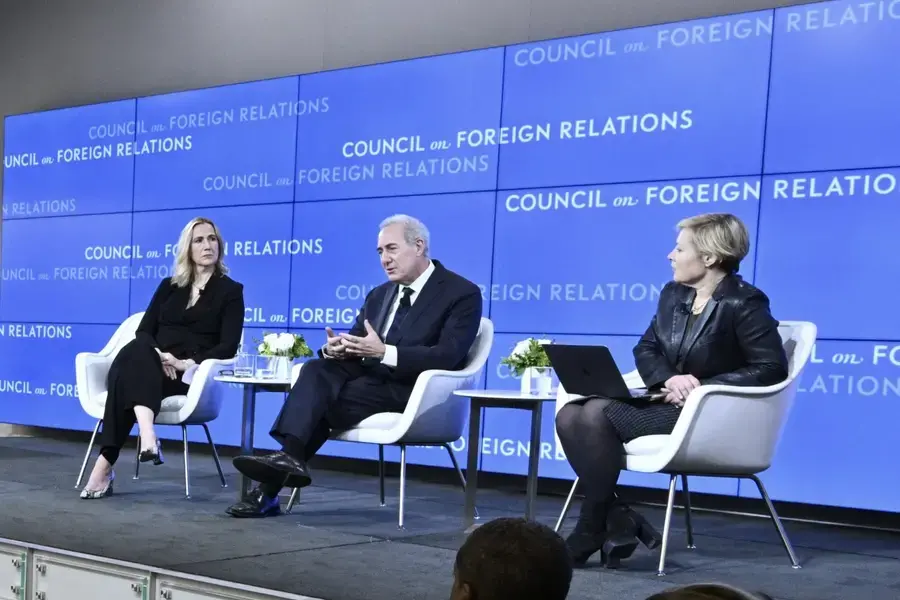
Reimagining American Economic Leadership
Why Progressives Should Embrace Trade and Globalization
Progressive values shaped the postwar international economic system that has procured the benefits of globalization and trade. Will U.S. policymakers remember?

Trade Offs
_1.svg)
Global risks–including Chinese overcapacity–have increased, but government intervention should seek to minimize trade-offs.
Featured Analysis From RealEcon
Exploring three key areas of international economic policy: trade and investment, development, and economic security, i.e., technology controls, supply-chain-resilience measures, and other policies to reduce risk to the economy or national security
Trade and Investment
Development

In-Person DC Roundtable: Falling Global Fertility and Its Implications for Climate Change, Political Stability, and Economies
Event by Thomas J. Bollyky, Ann Norris, and Christopher J. Murray
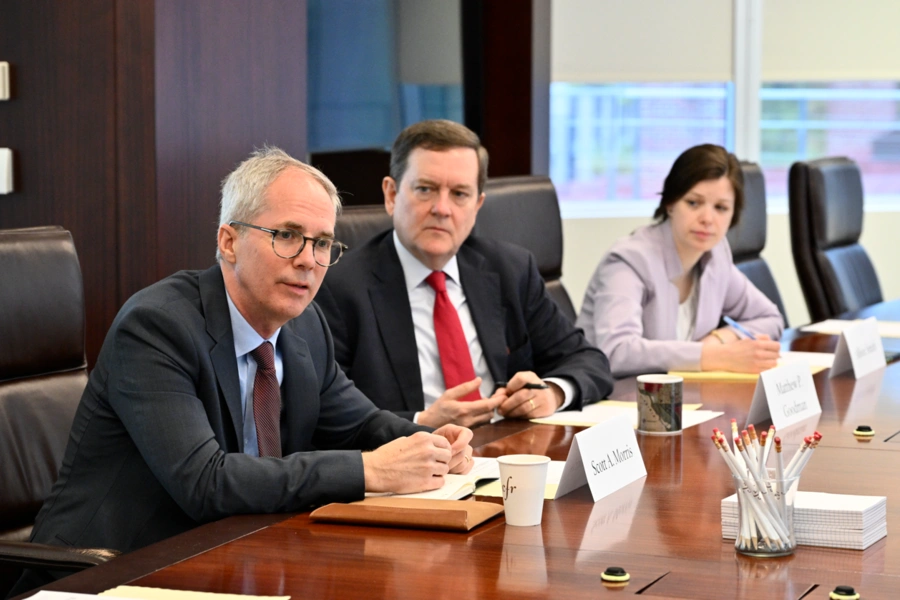
Geopolitics in the Indo-Pacific: An ADB Perspective
Article by Christopher Shim

Brazil Should Use G20 Momentum to Join the OECD
Article by Heidi Crebo-Rediker
Economic Security

Supporting American Small Businesses Against Foreign Threats
Article by Tara Donohue Bartels and Tarah Wheeler
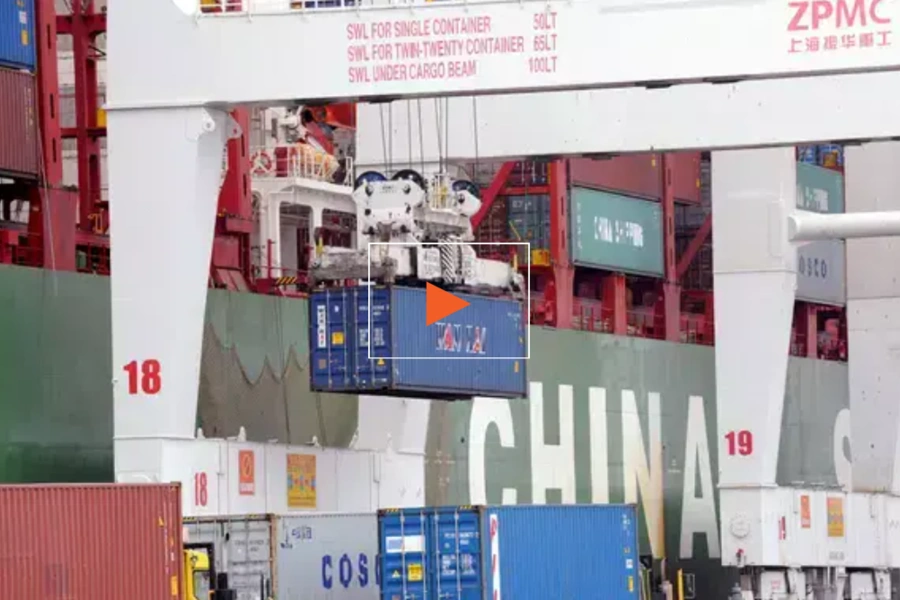
Virtual Media Briefing: U.S. Tariffs on Chinese Imports
Media Briefing by Matthew P. Goodman, Brad W. Setser, and Zongyuan Zoe Liu
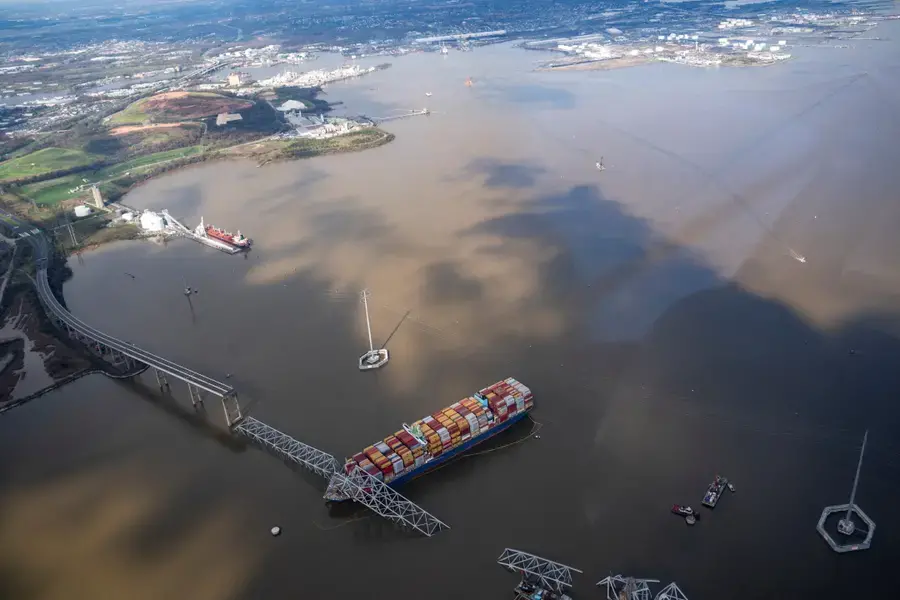
Baltimore Bridge Collapse Tests U.S. Supply Chains
Expert Brief by Zongyuan Zoe Liu
RealEcon Launched
-
Under Biden and Trump, the U.S. has broken from its long-standing free trade policy. CFR trade experts assess whether the rules-based trading system is worth saving.
-
With RealEcon, CFR is creating an initiative to study and debate the role of the United States in the international economy. The launch event of this multiyear, multifaceted initiative will explore what the challenges are for U.S. leadership, what is at stake for American interests, and what new approaches would be helpful to rebuild an affirmative consensus on American economic leadership. Chair Jared Bernstein of the Council of Economic Advisers discusses the future of U.S. economic leadership as CFR launches its new RealEcon initiative. Immediately following the conversation with Chair Bernstein, there will be a panel discussion on the new initiative. Members may bring a guest to this event.
-
In crafting a new international economic policy that works for Americans and advances U.S. interests, policymakers will have to weigh multiple trade-offs.
-
The fentanyl epidemic is a major election issue. The U.S. could leverage trade policy with China to crack down on its export.
-
Brazil has an opportunity to become a powerful bridge between developed economies and the Global South—the United States should support that ambition.
-
Biden’s trade agenda is trying to tackle climate change, domestic jobs, and great power competition, but trade-offs are inevitable. A clear vision on priorities is essential.
-
The United States’ commodified data market is creating increasing national security threats that federal authorities are currently incapable of meeting; the problem will only increase as AI advances.
-
Building a durable consensus for U.S. economic leadership requires listening to what Americans think. The first stop in the RealEcon team's listening tour was Florida.
-
The World Trade Organization's (WTO) thirteenth ministerial conference (MC13) in Abu Dhabi, United Arab Emirates failed to break the deadlock on old and new initiatives in areas such as agricultural trade, fisheries subsidies, and investment facilitation. Given rising great power tensions and growing protectionism, efforts led by coalitions of the willing could be the future of world trade.
-
 Online Store
Online Store



